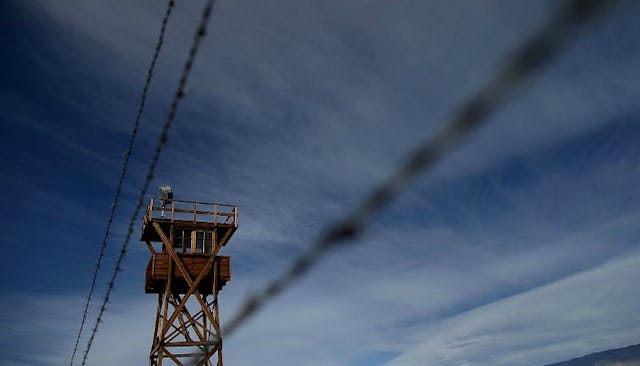Teaching Our Children About The Realities Of Injustice

My family lives in a bubble. We are white, educated, and middle class. Outside of a few troublesome childhood challenges (I was a total nerd and my husband has dyslexia), we have not struggled. Our children are growing up in a community with very little racial or socioeconomic diversity. They are blessed with good health, and a gazillion opportunities to achieve the same future as their parents. They have not known any real struggles.
While I am grateful, I am also worried about my family’s ability to relate to and empathize with many other people. It’s easy to keep on living in a bubble, completely unaware of the challenges faced by so many others. The bubble is cozy, safe, and, at times, self-delusional. It’s easy to convince yourself that the struggles you read about or see from a distance on the internet, in the paper, or on TV are not as bad as they seem. It’s easy to be unconsciously smug.
When I was in my 20s, I had a conversation with a Japanese American friend that rocked my world. He was talking about the irony of his current living situation. He’s an American whose mother grew up in the U.S. and his father emigrated from Japan. We were both newly living in Oregon. I was listening half-heartedly to the conversation, preoccupied, no doubt with something trivial that was stressing me out like why my roommate wouldn’t put the dishes in the frigging dishwasher.
He was living in an apartment building that was just off-campus. I had seen it once or twice when a group of us picked him up to go out. It was green and two-stories tall. I couldn’t remember anything strange or special about the building. It was just an ordinary, slightly older, student housing apartment building.
I sensed that I was about to look like an idiot, but I asked him anyway, “Why?”
Shaking his head, he explained that someone had just told him the building he lived in temporarily housed internment camp detainees during World War II.
I stared at him blankly, my cheeks beginning to burn, my throat itching as I panicked. I didn’t know what he was saying.
He stared back with eyes as startled as my own. And then he said, “Because the U.S. government interred thousands of Japanese Americans during World War II.”
A wave of disgust washed over me. How could I have forgotten? I wanted to puke.
The only reason I could come up with was this: It was so troubling that I had decided subconsciously to ignore it. Growing up, none of my friends were Japanese American. I had never been to the West, either the coast or interior, so it was easier, maybe, to ignore. And if it was taught to me, it went in one ear and out the other. There was no one to blame but myself.
That day, folks, in addition to being one of the most embarrassing of my life, was a real turning point for me. A curtain was lifted. I accepted that stories and history are subjective and that we must make a conscious choice to listen to all of it.
Now, I ask more questions, the kind that aim for what lies beneath the surface, or beyond the curve in the road. I pay attention, at least to the best of my abilities. I’m still sheltered, and I’m sure completely unaware of the plights faced by many people, but when I see or hear something, I take note of it.
And I’m teaching my kids to do the same. At 9 and 7, my children and I have already had some tough conversations. One of them was about the internment camps. I haven’t shared details inappropriate for their ages. They can wait to learn about those when they are more mature and know how to process them.
Our great country — and it is a great one — is as flawed as its citizens. I think it’s important for children to understand that so they grow up respecting and loving their country, knowing all the while that it has made mistakes and will continue to make mistakes. I want them to grow up understanding that, as young citizens, it’s their job to pay attention to what is happening around them and to ask questions.
The Amache internment camp is only a few hours away from our home, and we’re planning to visit. It won’t be the most light-hearted family trip we’ve ever taken, but it will be an important one.
My 9-year-old will be fascinated. He’s obsessed with history. My 7-year-old will probably cry because she has a big heart, and she will be ready to leave after an hour because she’s 7.
Whatever their reactions, I’m taking my kids to see the internment camps because it will help them to see reality a little more clearly.
This article was originally published on